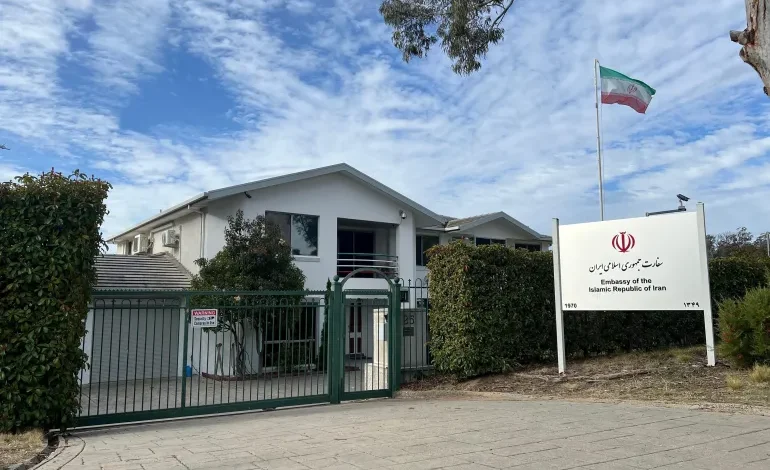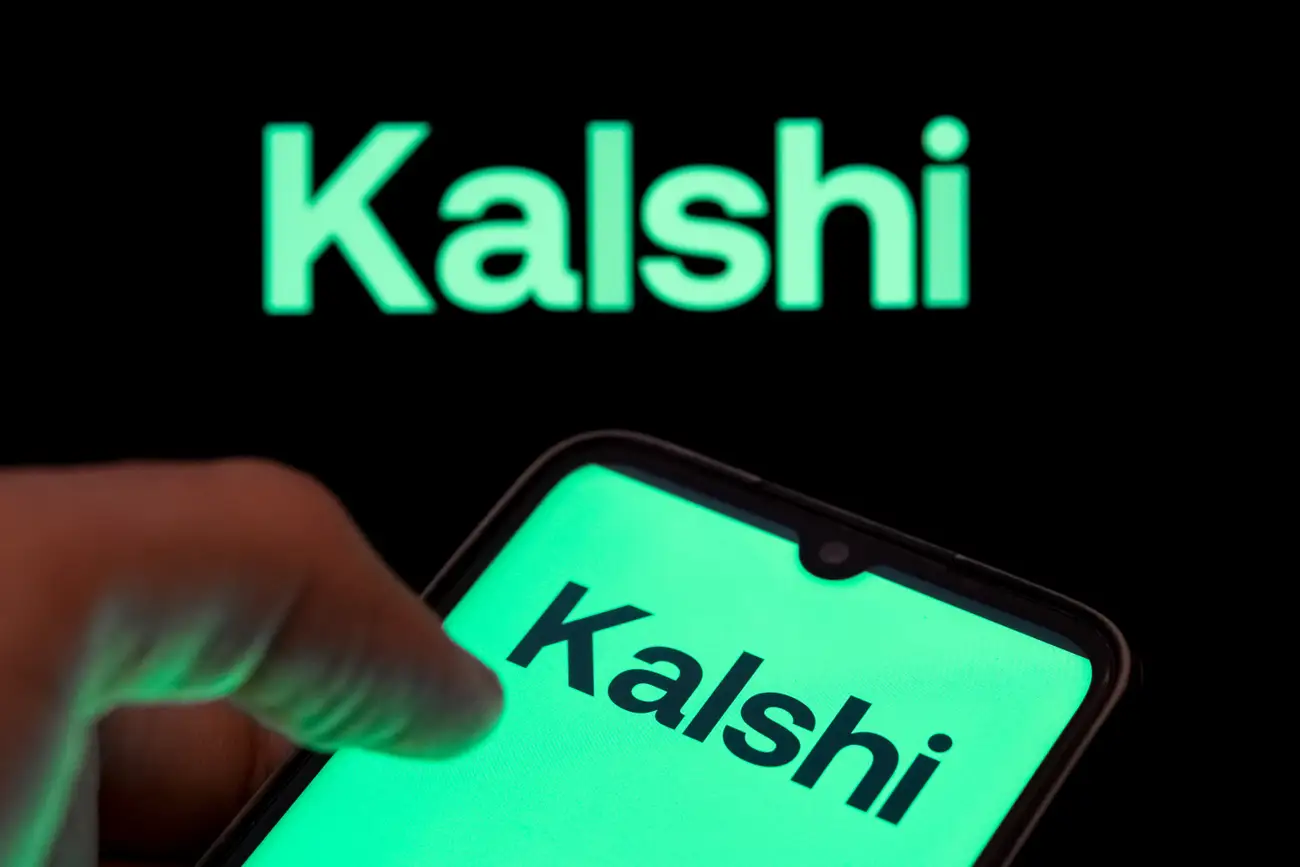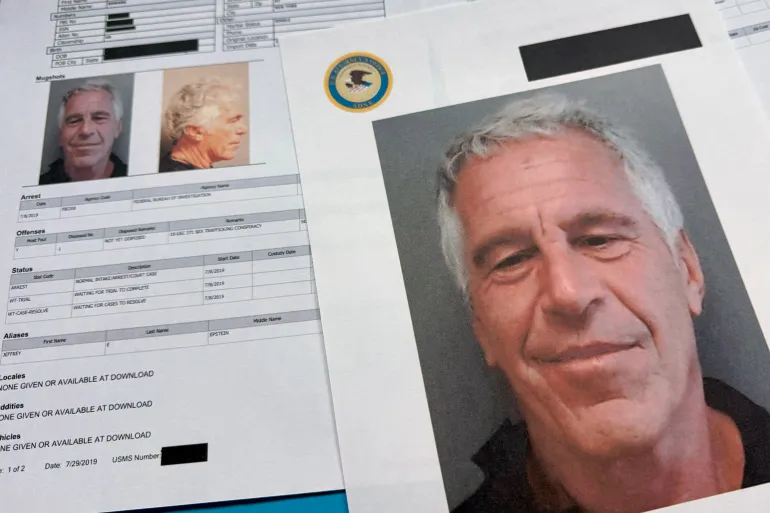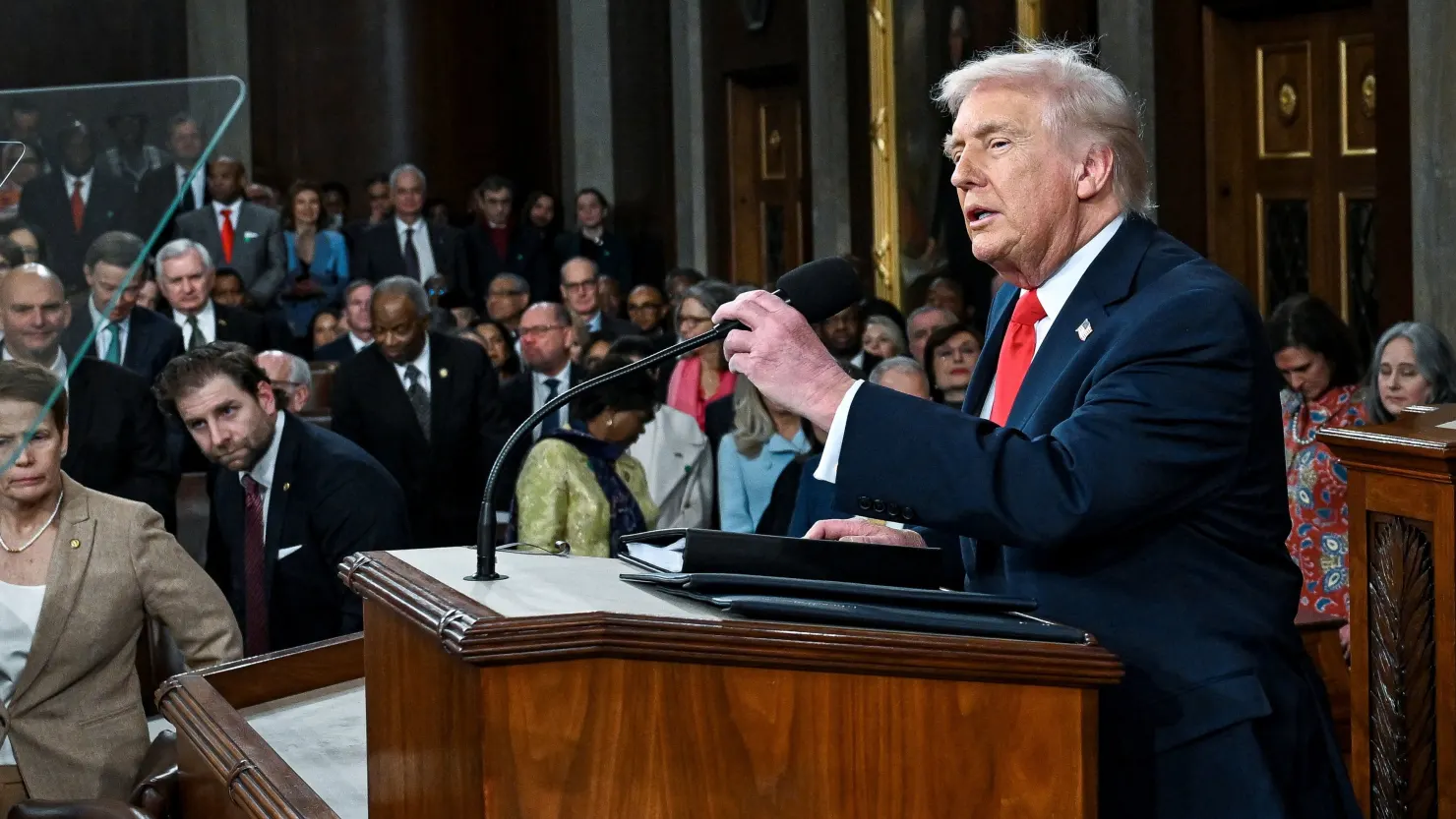Australia Pushes Back on Israel’s Claim of Influencing Iran Envoy Expulsion

Australia has flatly rejected Israel’s claim that it played a role in Prime Minister Anthony Albanese’s decision to expel Iran’s ambassador from Canberra.
“Complete nonsense,” Home Affairs Minister Tony Burke told ABC Radio on Wednesday, brushing off suggestions that Israeli Prime Minister Benjamin Netanyahu’s intervention spurred Albanese to act.
On Tuesday, Albanese announced that Australia had reached a “deeply disturbing conclusion” based on “credible intelligence” that Iran had directed at least two anti-Semitic attacks against Jewish sites in Sydney and Melbourne. No casualties occurred, but the incidents rattled communities and sparked political fire.
Israel, however, quickly tried to claim credit. Government spokesperson David Mencer praised Canberra’s decision, saying it came after Netanyahu’s “forthright intervention” and sharp criticism of Albanese. Netanyahu had only days earlier called the Australian leader “a weak politician who betrayed Israel and abandoned Australia’s Jews” after Australia said it would formally recognise a Palestinian state this September.
Iran, meanwhile, rejected the accusations outright, accusing Canberra of bending to pressure. Foreign Ministry spokesman Esmaeil Baghaei said Australia’s move looked like “compensation” for its limited criticism of Israel’s Gaza campaign. He warned that “any inappropriate and unjustified action on a diplomatic level will have a reciprocal reaction.”
The fallout has been immediate. Lebanon-born US envoy Tom Barrack is already under fire in the region for his comments about journalists (another headache for Washington’s diplomacy), while Israel’s embassy in Canberra was quick to amplify headlines like “Iran Attacks Us” and “Iran Targets Bondi Deli” to drive home its narrative that Iran’s reach is global.
Australia’s Jewish Council, however, struck a more cautious note. It welcomed the intelligence revelations but urged politicians and media not to conflate the incidents with pro-Palestine protests.
“The fact that a foreign government appears to be responsible shows how irresponsible it was for the attacks to be used to demonise the Palestine solidarity protest movement,” the council said.









The latest news in your social feeds
Subscribe to our social media platforms to stay tuned